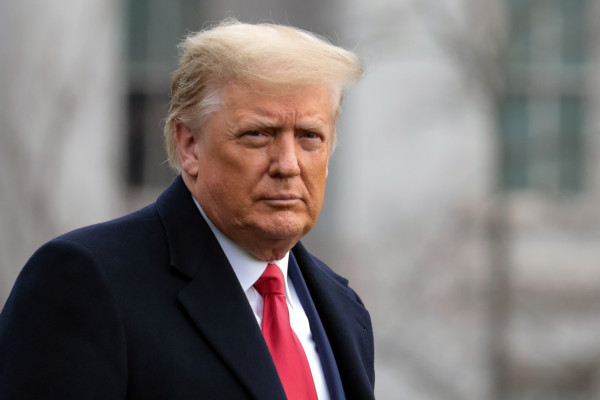Donald Trump's 'Bloodbath' Comment Sparks Media Storm and Conservative Backlash

Former President Donald Trump's remarks about a potential "bloodbath" linked to the automotive industry have ignited a firestorm of controversy, with several media outlets accused of taking his words out of context. Conservative commentators, Republican lawmakers, and social media figures have vocally criticized news organizations like Rolling Stone, NBC News, and CBS News for their portrayal of Trump's comments, suggesting a deliberate misinterpretation aimed at painting the former president in a negative light.
During his address, Trump discussed the implications of automotive tariffs on Chinese-made cars and the potential economic repercussions for the United States if these tariffs were not enforced. His use of the term "bloodbath" specifically referred to the automotive sector's potential downturn should these tariffs not be implemented, a point which critics argue was overlooked or ignored by the mainstream media in their reporting.
"These critics claimed this was a new, anti-Trump 'hoax' being manufactured in real time," as they rallied to Trump's defense, accusing the media of bias and deception. The coverage in question presented Trump's "bloodbath" remark as a broader threat of violence or turmoil should he not secure re-election, a framing that sparked significant backlash among his supporters and conservative media figures.
Prominent among the critics was Elon Musk, who took to X to denounce NBC News' headline as "deceptive," accusing the network of shameless misrepresentation. Similarly, conservative commentator Sean Parnell lambasted NBC for propagating what he deemed a "bloodbath hoax," calling into question the integrity of such news organizations. The unified conservative front on social media platforms like X highlighted a deep-seated mistrust of mainstream media among Trump's base, further fueled by this incident.
In clarifying Trump's remarks, his campaign spokeswoman Karoline Leavitt emphasized that the former president's reference to a "bloodbath" pertained specifically to the economic consequences for the auto industry under Biden's policies, not a literal or broader societal upheaval.
This controversy underscores the ongoing tensions between Trump's camp and the media, with each side accusing the other of misinformation and manipulation. The incident has not only reignited debates over media bias and journalistic integrity but also highlighted the charged political atmosphere in which every word and statement is scrutinized and, at times, weaponized.
As Trump's rally comments continue to be dissected and debated, the broader implications for media trustworthiness, political discourse, and the interpretation of public figures' statements remain critical points of contention. The episode serves as a stark reminder of the polarized landscape of American politics and media, where context, intention, and truth often become battlegrounds for broader ideological wars.














